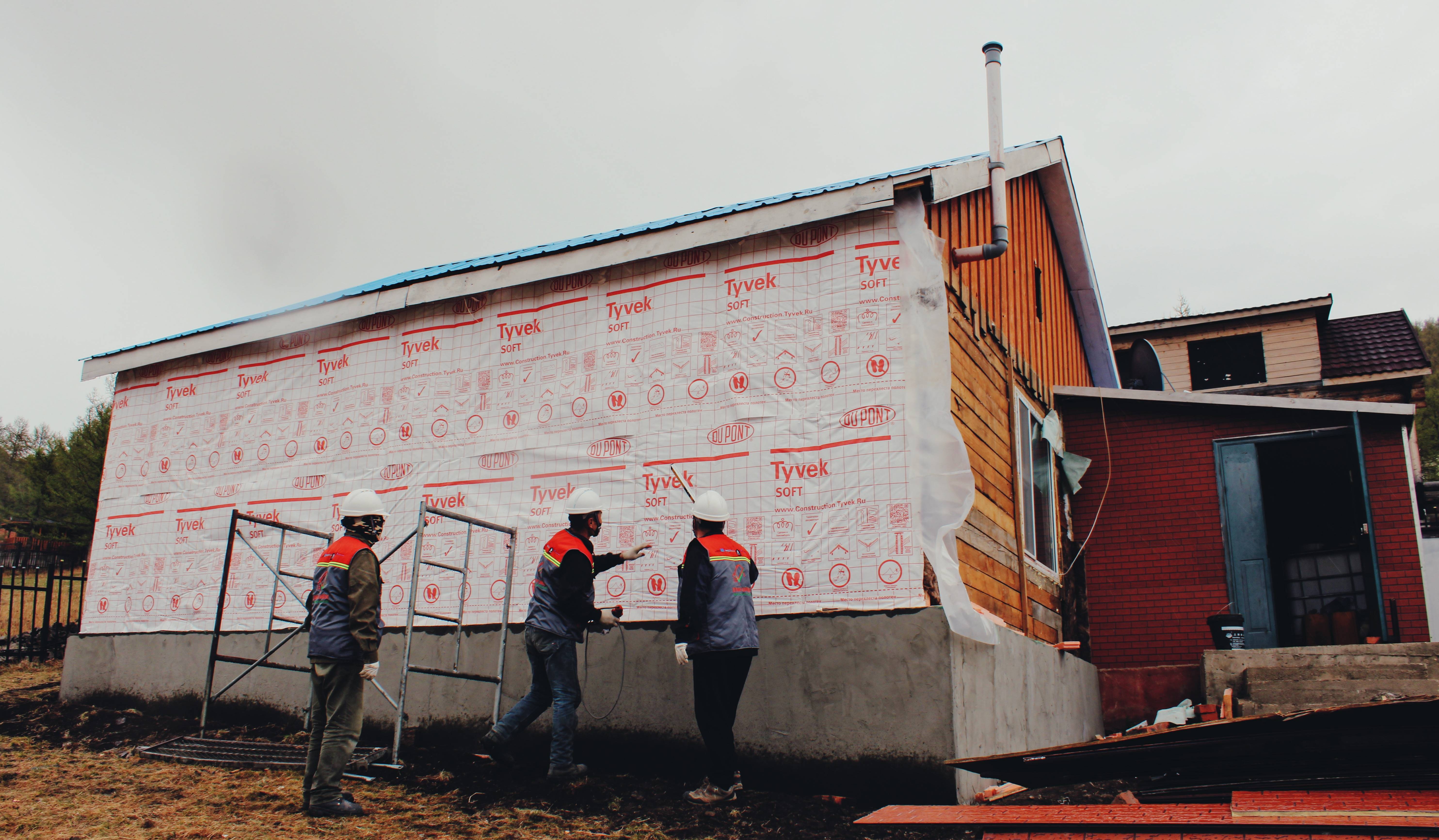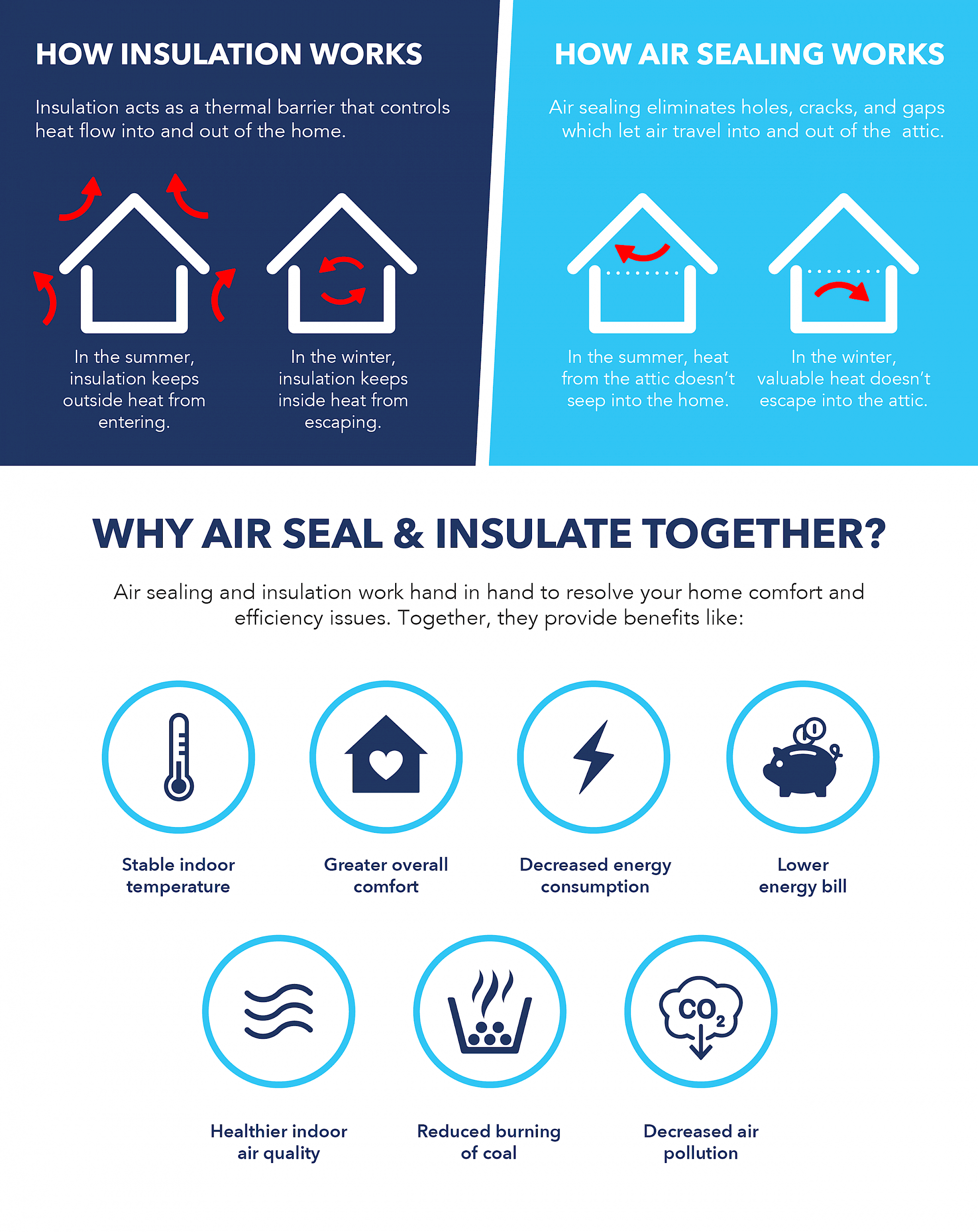
Located in the heart of central Eurasia, Mongolia is a vast country of mountains and plateaus, also known as one of the most sparsely populated countries in the world. There are 13 times more horses than humans and more than 50% of the population lives in the capital city of Ulaanbaatar, with another 800.000 in provincial capitals. During the country’s long winter-heating season, temperatures regularly fall below -30°C, making Ulaanbaatar not only the coldest city in the world, but also one of the cities with the highest recorded levels of air pollution.
The absence of a reliable central heating infrastructure for more than half of the growing urban population, and particularly in the ger districts (informal settlements located in the outskirts of Ulaanbaatar where nearly half of the city’s population lives), has forced people to heavily rely on cheap and low-quality coal for satisfying their household heating and cooking needs. Using boilers and traditional heating stoves, residents in the ger districts burn over a tons of raw coal per year. This also puts significant pressure on the poorest families living in these districts, who typically spend up to 40% of their monthly winter income on heating fuels.
As urbanization and economic development are on the rise, Mongolia’s heating sector is struggling to keep up with the population’s increasing demand for energy for heating, resulting in the city’s high levels of air pollution, as well as widespread health and respiratory problems. The Government of Mongolia recognises that limiting fossil fuel consumption through improving housing energy efficiency and promoting the use of clean and safe energy have become essential to ensuring both the people and the country’s survival.
To respond to the increasing heating sector challenges, the EU SWITCH-Asia Switch Off Air Pollution project was initiated in 2018 to promote energy efficiency in the housing sector in Mongolia, offering affordable building retrofit solutions to 1000 households in Ulaanbaatar ger districts, reducing heat loss and decreasing air pollution. The project is implemented by Geres Mongolia in collaboration with the Building Energy Efficiency Center of the Mongolian University of Science and Technology, the Ger Community Mapping Center, the Mongolian National Construction Association and People in Need.
This project employs a comprehensive approach with public awareness raising, technology development, human resource capacity building and facilitation of access to funding. It has a high spill-over effect, therefore, ensuring its sustainability is important, explains Pierre-Yves Lucas, EU Cooperation Team Leader, Mongolia.
Proper insulation requires quality materials, certified construction techniques and energy audits, which can be conducted only by certified craftsmen. Through a comprehensive market approach, the Project has so far trained 17craftsmen and construction MSMEs to sell and set-up energy efficient retrofit. Even during the COVID-19 outbreak, the craftsmen have followed health and safety measures and provided continuous support, brining insulation to households in order to decrease air pollution. Moreover, the project has defined a number of appropriate and low-tech solutions for dwellings, and provided financial intermediation services to link households and SMEs to green credit schemes. Households who want to insulate their detached houses can take the annual 8% interest rate green loan from the local commercial XacBank for a period of 30 months.
As a result of the new affordable building retrofit solutions, households are 30% more energy efficient, 6000 Teq CO2 emissions are avoided annually, and people's health has improved, explains Beatriz Maroto Izquierdo, Project Manager of the SWITCH Off Air Pollution Project.
In the Sustainable Consumption and Production (SCP) equation, the project recognises the importance of addressing both responsible production and consumption. Numerous awareness raising initiatives have been spearheaded among community members on the value and advantages of investing and switching to more energy efficient practices. The project has fostered an understanding that energy efficiency is so much more than SAVING ENERGY. It is also about SAVING MONEY - SAVING THE PLANET – STAYING HEALTHY.
WHY ARE INSULATION AND AIR SEALING IMPORTANT?
Insulation and air sealing work together to keep the environment in your home comfortable and energy efficient year-around.



